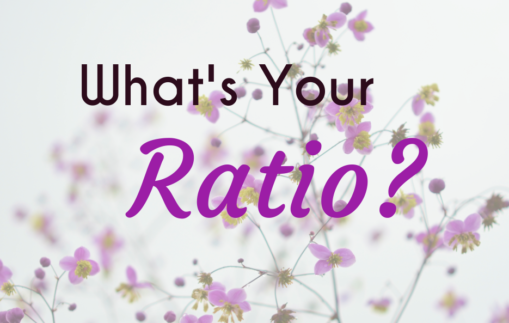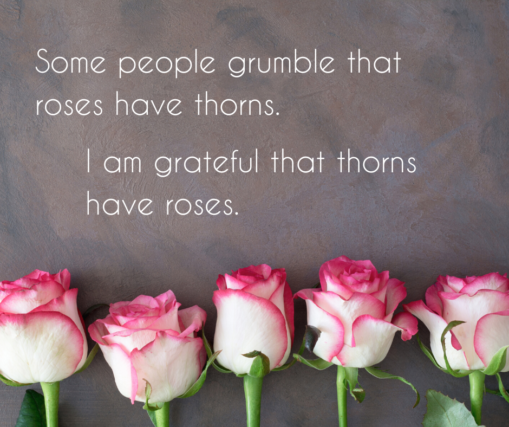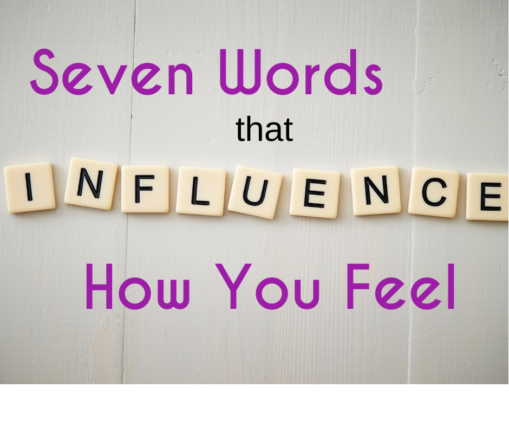
When someone really upsets you, it’s all too easy to get overwhelmed by strong, uncomfortable feelings.
But losing control of your emotions makes responding effectively to the situation almost impossible.
Here are five strategies (look for another five in next weeks blog) to practice using when you’re feeling helplessly stressed, angry and frustrated so you don’t say or do something your regret later.
ONE
BREATHE-AND RELAX
Your whole body tightens up and your breathing speeds up when you’re upset. So as soon as you’re aware that something negative is strongly resonating within you, take several slow, deep breaths-while repeating to yourself the word “calm” or “relax”.
Slowing down your heart rate, your pulse—getting more oxygen to your muscles and organs will help lower your stress level. It will also slow down the intensity of your emotion.
Whatever you can do to relax yourself when something is deeply disturbing will help you to regain self-control. (visualize a tranquil scene such as lying on a beach while the sun shines on your body, smelling the ocean air and hearing the sound of the pleasant rhythmic waves.)
Two
IDENTIFY AND CHALLENGE THE THOUGHTS UNDERLYING YOUR UPSET.
Typically, what causes you to emotionally overreact are the exaggerated and distorted thoughts you start to believe. (the labels you put on the situation or person)
What thoughts and labels are you using that are intensifying your emotions?
Unthoughtful, stupid, dumb, ignorant, she/he’s a user, cold, miserable, uncaring, bitch, unfair, etc. Obviously these types of thoughts will intensify your stress and anger.
Ask yourself–Can I force myself [and you may really need to force yourself!] to find some positive traits in them that would help me regard them in a more favorable light-and mitigate my animosity toward them?
As tough as this is, the more you do it, the easier it will become. You will eventually find that listing any and every good thing you can think of about them (or the situation) will help to lower your frustration.
Three:
SUSPEND YOUR POINT OF VIEW-TRY TO SEE IT THROUGH THEIR EYES.
Again, when you’re upset, this can be challenging! But if you make the effort to identify with another’s viewpoint-and particularly their needs, wants, thoughts, and feelings-your upset feelings are likely to diminish.
Can you get yourself to be less self-righteous, less self-centered? Look at the bigger picture. Try to understand how they are seeing it and what their perception is.
It can alter your thinking in ways that will soften your distressed feelings.
Four:
BECOME MORE MINDFUL.
Be like a helicopter hovering over yourself and just observe yourself. What are you feeling? Where are you feeling it? (sore head, tense shoulders, tightness in stomach, clenched fist)
Be curious, notice it, watch it-don’t judge it. Just gain awareness of the feeling.
Also, be mindful of the thoughts you’re thinking. Just notice and acknowledge them.
This awareness and observation actually helps you to accept and feel the feeling which allows you to calm yourself.
The sad consequence of getting entangled in your emotions is that your best judgment is no longer available.
It’s offline, so your ability to respond wisely to whatever set you off is seriously compromised.
Remind yourself that, regardless of the strength of your feeling-or maybe because of its strength!-you don’t need to act on it.
Five:
DON’T GET CARRIED AWAY BY THE FEELING.
We all know feelings can take over you in an instant if you let them.
The moment you’re conscious of how strong, or upsetting, your emotional reaction is, do a reality check.
Might you be overreacting because-unconsciously-what just happened reminded you of something earlier (maybe much, much earlier) that’s still negatively charged for you?
If so, bring yourself back to the here-and-now and reassess the situation as (in all probability) being less fearful, inflammatory, or hopeless than it initially seemed.
You’ll cope much better in the present if you can prevent past sensitivities from undermining your more mature, rational judgment.
Start practicing these first five strategies now and look for strategies 6-10 next week.





